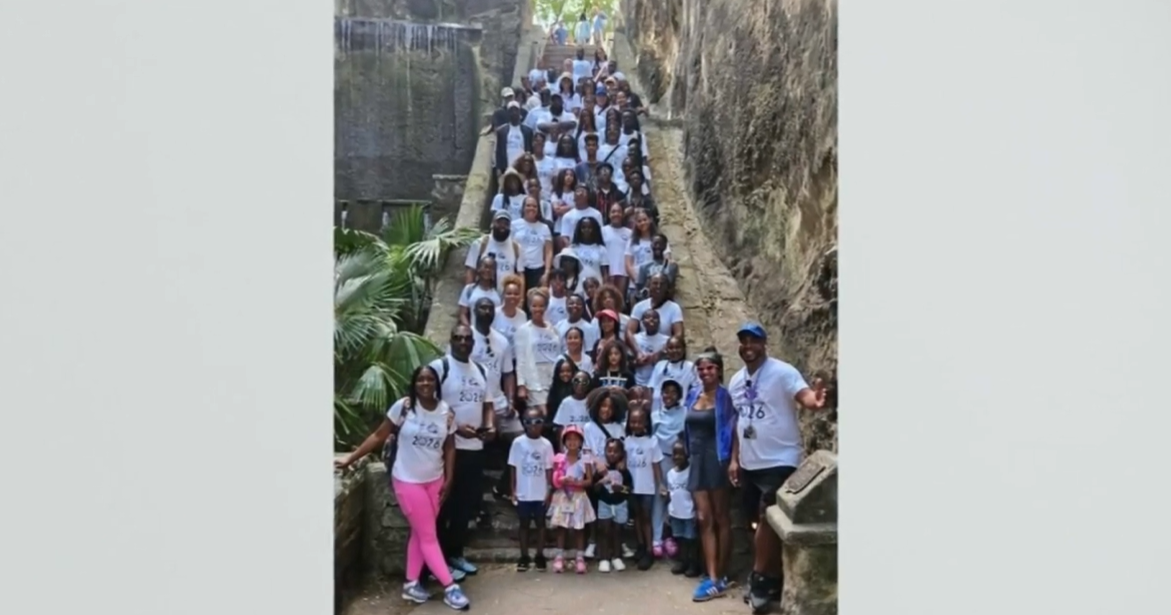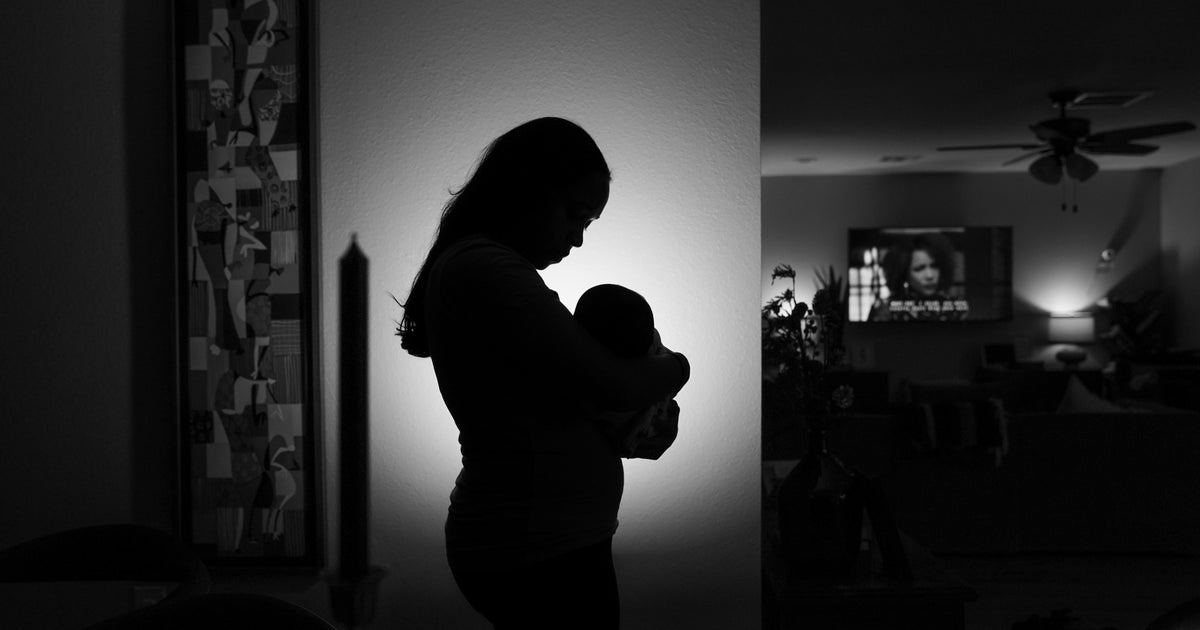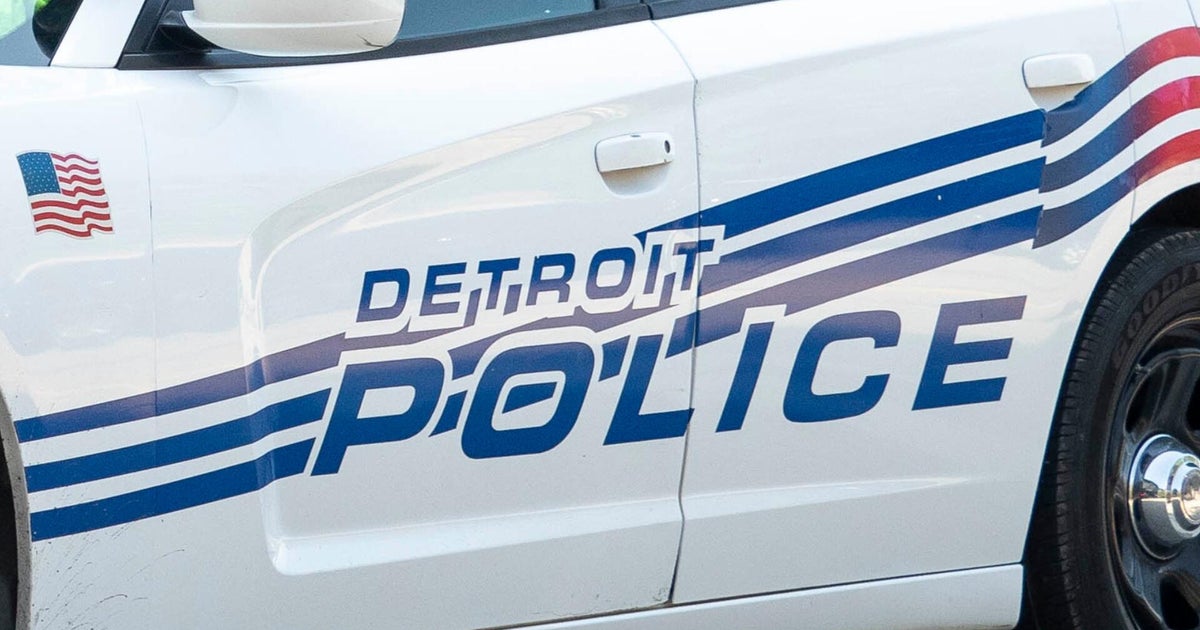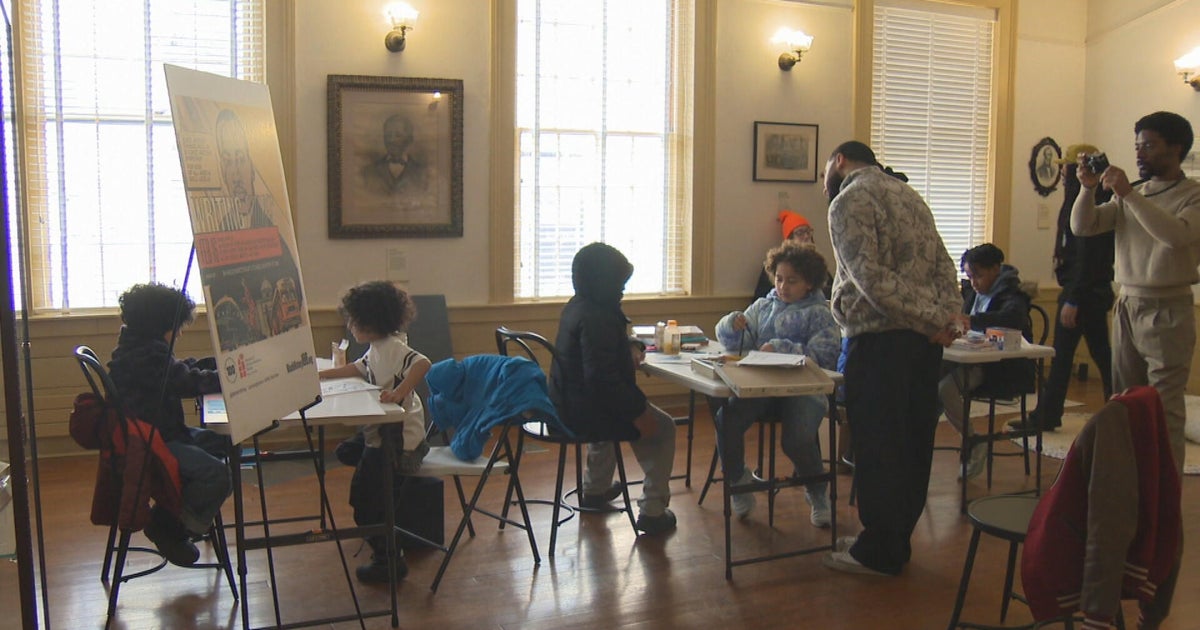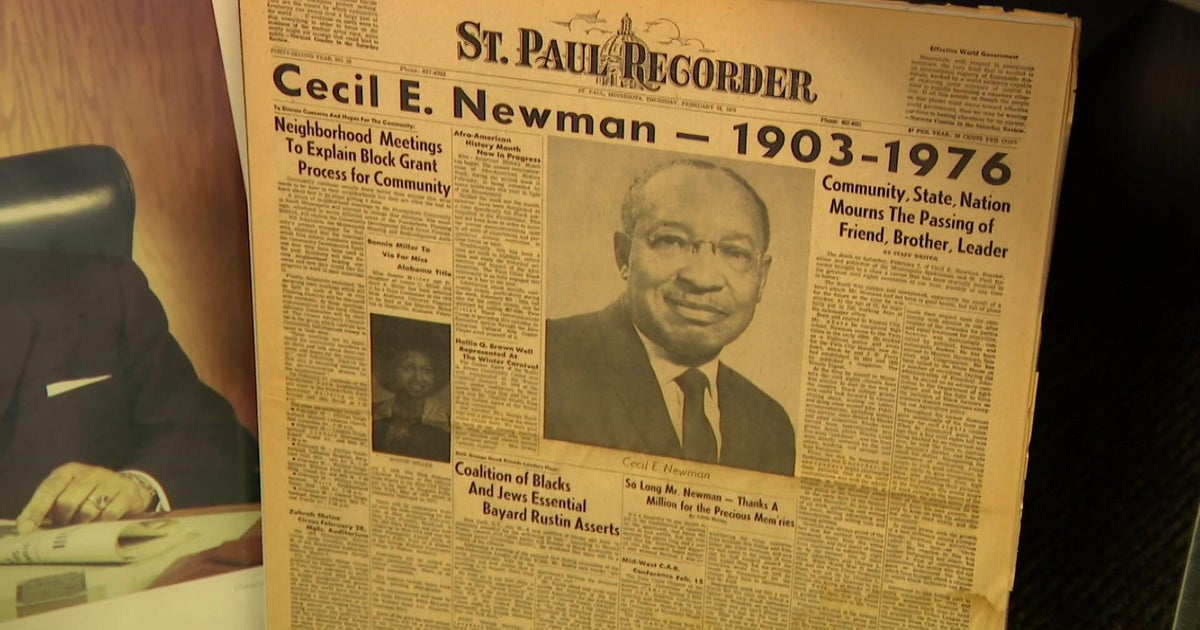Juneteenth in Detroit: How freedom produced Black Bottom
(CBS DETROIT) - Historians at the Charles H. Wright Museum in Detroit say Juneteenth is the celebration of the strength of Black people.
People who were freed with no place to go. People who built communities out of nothing
Now, 158 years after emancipation, Black people are still thriving from the sacrifices made by their ancestors.
"Finding family, finding a way to live," said Charles H. Wright Museum manager of community engagement Yolanda Jack. "This is what was going on in the 1800s because we had to figure out if you just get freed, what are you going to do?"
It's a freedom that came with a price.
On June 19, 1865, the word that slavery was over finally made its way to Galveston, Texas, two years after the Emancipation Proclamation was delivered.
But the reality of leaving the plantation with nothing quickly came.
Jack says that's where the building began.
"One of the first things they did was see about how they were going to sustain their lives," Jack said. "What could they do? How are they going to grow their food? How are they going to live in their communities."
Jack says the struggle to create an economic base under deep oppression was next to impossible.
"Once they were emancipated, many of them became sharecroppers," Jack explained. "Which eventually became a second type of enslavement because when you weren't being paid or being paid enough to do anything with it. You couldn't buy a home. You couldn't buy land. If you were paid at all."
Marcia Black from Black Bottom Archives says Detroit became a safe place for Black people during the Great Migration in the 1910s.
By the 1930s, Black Detroiters created their own community in Black Bottom.
The neighborhood anchored flourishing businesses that circulated the Black dollar, producing a self-serving community.
"We had Black hospitals," Black said. "We had Black pharmacies. We had Black churches, Black beauty salons. All these cultural centers of Black life and built it without the support of the city and prospered and created a legacy that people continue to celebrate today. It's miraculous."
